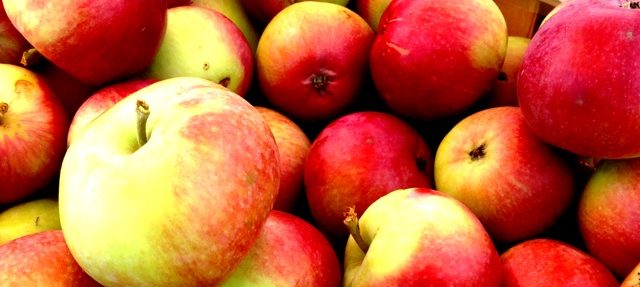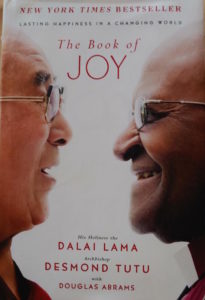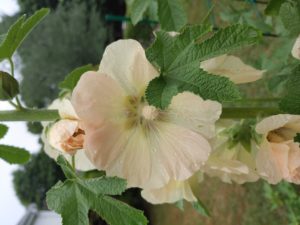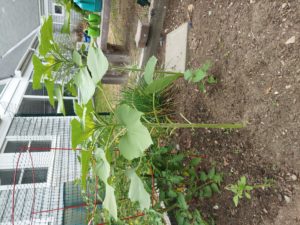THE SEARCH
I went to find the pot of gold
That’s waiting where the rainbow ends.
I searched and searched and searched and searched
And searched and searched, and then –
There it was, deep in the grass,
Under an old and twisty bough.
Its’ mine, it’s mine, it’s mine at last…
What do I search for now?
Shel Silverstein, Where the Sidewalk Ends; New York: HarperCollinsPublishers, 1974, p. 166
It’s the last poem in the collection, followed by a couple of blank pages and an index. I could just pass it off as a clever rhyme, but I’ve spent too much time reading works of wisdom and mystical theology to do that. When I reach the last couple of pages in the book that is my life, I hope that I’ve done more than search for some coins in a pot. With just a couple of blank pages to go before I reach the obituary/index, I pray that the decades of pages I was given hold words of love and beautiful illustrations – not just the tracks of someone running as fast as possible to reach the end.




